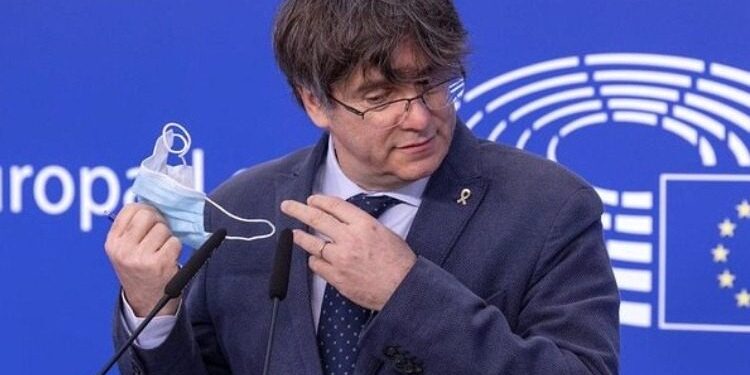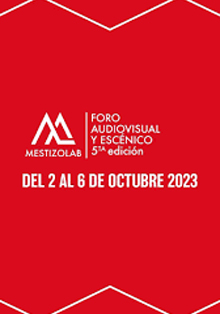Ángel Collado
The Catalan and Basque pro-independence parties, with 6 per cent of the votes in July’s general elections between them, are competing in making demands for the dismantling of the constitutional framework in order to re-invest Pedro Sánchez as president of the government.
The price for the separatists to reissue their support for a left-wing coalition government, in any case in a minority, is higher than in the previous legislature in the case of the PSOE’s fixed allies, now encouraged by the bill prepared by the former president of the Generalitat and fugitive from justice, Carles Puigdemont.
Sánchez, the runner-up in the elections, insists on taking it for granted that he will remain in power by expanding his front of left-wing parties with the incorporation of the seven deputies of Junts per Catalunya, Puigdemont’s party. In exchange, Junts is asking for an amnesty law for its leader and all others involved in the secessionist attempt of 1 October 2017, plus a referendum for Catalonia’s self-determination.
From Belgium and in a telematic conference with the leadership of his party meeting in Tarragona, Puigdemont will make public tomorrow his demands to allow a new mandate of Sánchez at the head of the Spanish Executive. In the face of the exercises in possibilism made by Sanchez’s spokespersons when they spoke of their willingness to study a “penal relief” for the coup perpetrators, the pro-independence supporters see the issue on track and move on to their second condition: the popular consultation and its conditions, which is the point where the main interest of the fugitive’s message lies.
Last weekend, the ERC’s top leader, Oriol Junqueras, reappeared to go ahead of the former president of the Generalitat and warn that, in addition to the amnesty, he also demands specifics on the referendum. He also recalled that in order to open the way to self-determination, a dialogue table was set up with the Executive in the last legislature. Junqueras, sentenced by the Supreme Court to 13 years in prison for sedition and embezzlement, was pardoned in 2021.
While the pro-independence supporters are showing off their upcoming bills, Sánchez is still determined to pretend to have won the elections because Alberto Núñez Feijóo, to the 137 PP MPs won in the elections, has not been able to add more than the 33 of Vox and two regionalists. In total there are 172 seats in a Congress of 350, compared to 178 in the rest of the House, which Sanchista argumentation describes as a “progressive majority” and favourable to endorsing a new left-wing government.
The incumbent cabinet needs to shore up the theory of a bloc of parties favourable to its interests with formations as right-wing as the Basque nationalist party (5 MPs), or even described by the PSOE itself as ‘leftist’, as is the case of Junts (7 MPs).
Knowing that Sánchez needs them and is willing to do almost anything to repeat, the three openly pro-independence formations (ERC, Bildu and Junts) are competing among themselves with demands for agreed ways to create their independent republics. The PNV has entered the same race by reviving its old plan to turn the Basque Country into something akin to a free state associated with what might remain of Spain.
The proposal of the president of the Basque autonomous government, Íñigo Urkullu, consists of ‘reinterpreting’ the Constitution by ignoring its content from its principles, those that enshrine the nation, the indissoluble unity of Spain and equality among Spaniards. The PNV is committed to creating, outside any constitutional reform process, a new ‘plurinational’ entity with three nations (Basque Country, Catalonia and Galicia) and another category, that of the rest of the communities, it is assumed.
Government spokesmen, who see the request for amnesty for the Catalan coup perpetrators as negotiable under another name, that of “relief”, which they considered unconstitutional until the 23 July elections, have not dared to reject Urkullu’s theories either.
Sánchez has to wait for Feijóo to fail in his investiture session on 26 September to then finalise with his allies and the fugitive Puigdemonot the outcome of the auction of the constitutional framework to which he is subjecting his stay in power.







